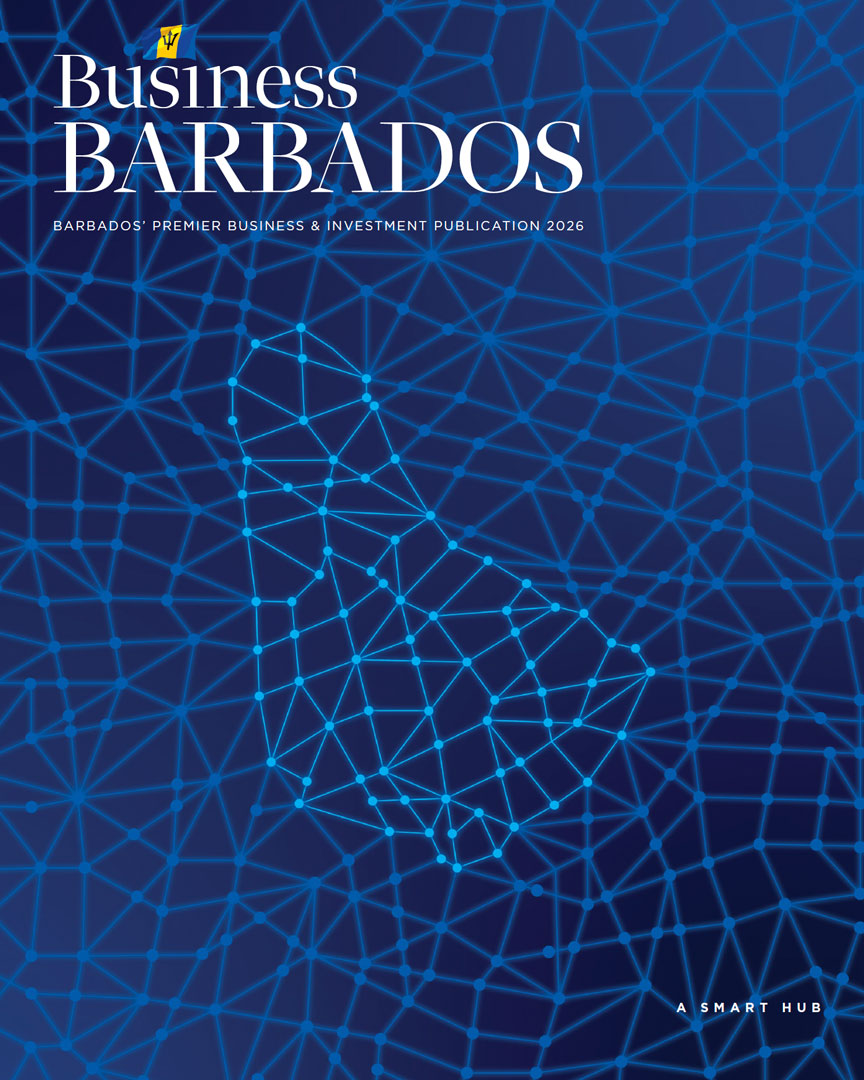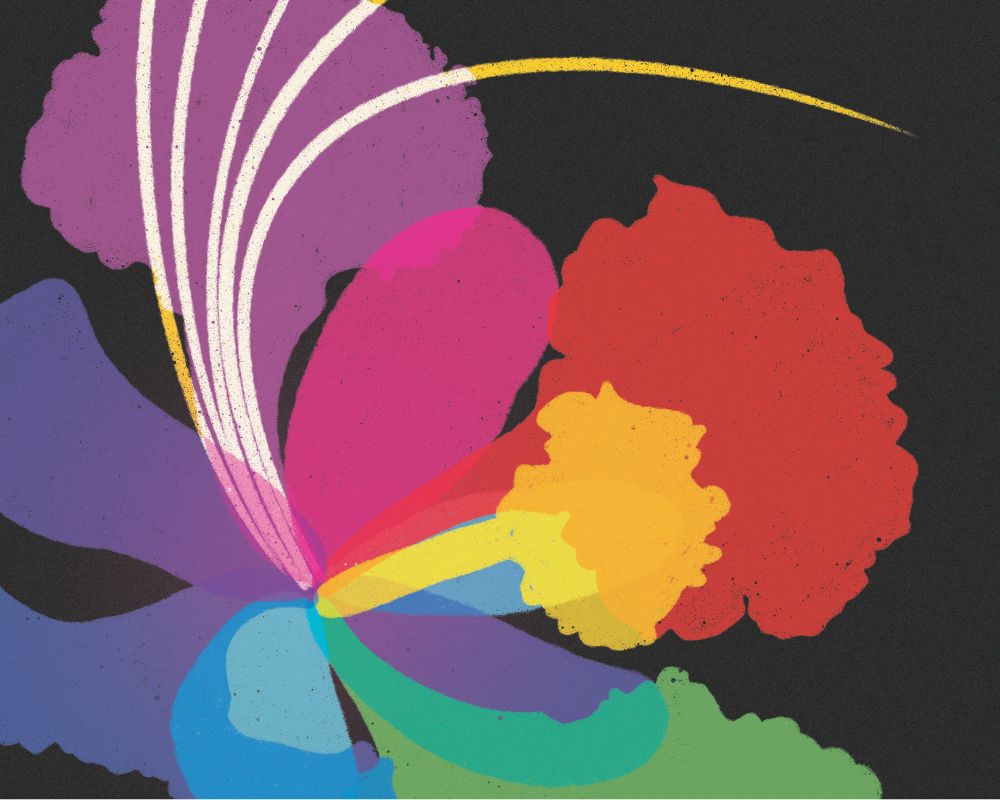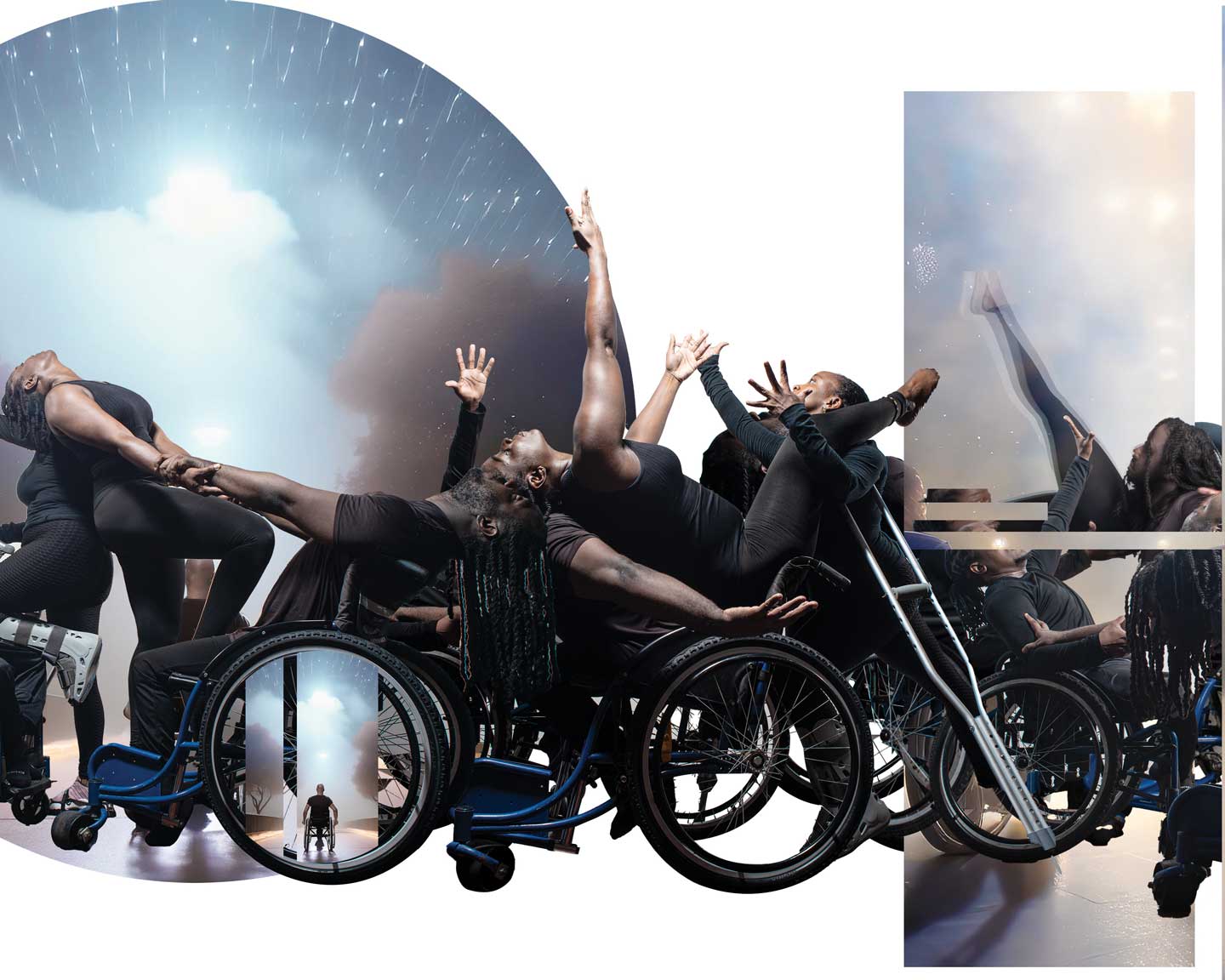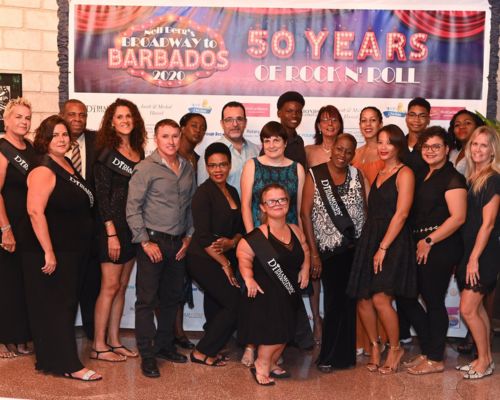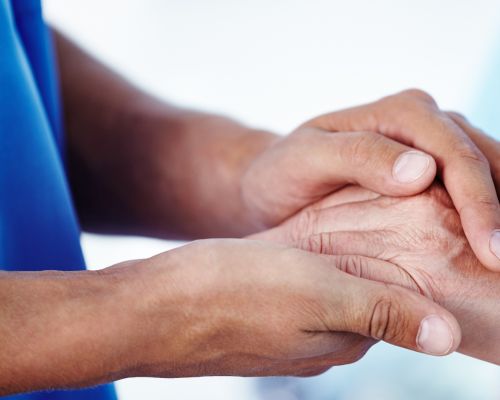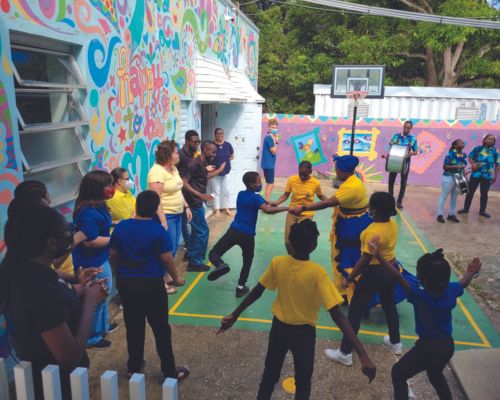
The heart of philanthropy in Barbados is investing in people and improving their quality of life. Making this more effective is about increasing the volume of capital, operational funding and in-kind business support available to the innovators who, with little or no resources, are creating solutions to the challenges and potential they see in our communities. These innovators can be found in the social sector, typically among those who startup and run the 100 to 1000 charities, nonprofits and nascent social enterprises on the island.
“On average, NGOs [social organisations] in Barbados have operated for 8-10 years. However, they have severe human resources limitations. On average these NGOs operate with no full-time or part-time staff and depend on 6-10 volunteers. Average annual budgets range from US$10,001- US$20,000 and NGOs have only enough cash reserves to operate for another 3 months.” – US AID/RTI 2018.
Quite often, these leaders are tackling evidenced social priorities that will make or break our shared quality of life and economic growth in Barbados over the next ten years. These issues include health, education, social protection, strategic support of vulnerable persons (at risk women, children, youth, LBGTQI,
poor and special needs persons), equality, sustainability/climate resilience, culture/heritage preservation and innovation. High-impact, well supported social enterprises have already shown how philanthropy can make a difference in vital areas of social change.
At ASPIRE, we are working to connect social leaders with the long-term funding investment and pro-bono business support they need to be impactful. The recent launch of the Barbados Council for the Disabled’s FAB Project, a model initiative to create a Fully Accessible Barbados for persons with special needs, is an example of fresh social investment opportunities. In the youth sphere, Operation Triple Threat is revolutionising education through experiential, creative approaches to learning and professional development. Consistent alumini success at the tertiary level signals its potential impact. It is now looking to transition its national and regional impact into an ambitious sustainability project: a Barbados creative academy.
The Verdun House Renewable Energy Project, a project of the Substance Abuse Foundation Inc. (SAF), is a stellar example of social investment in action. SAF’s Verdun House, which has developed a diversified funding model of microbusiness programming and features a highly skilled professional workforce, is currently one of the few centres for addiction treatment in this hemisphere. It also recently implemented an innovative model of sustainability: implementing solar energy generation to subside over 10%-50% of its own operating costs.
Long-term funding support by major patrons, the Rausing family, has been essential to Verdun House’s sustainability. Between the Rausing family and grantgiving foundation The Maria Holder Memorial Trust, SAF has received donations of over BDS $25 Mil since 2000 to support the development, administration and delivery of its operations — including the retention of a highly skilled workforce. Additional funding, in-kind donations, pro-bono giving and volunteerism are also key contributors to the organisation’s sustainability.
Although government subventions/support are essential to the roll-out of its projects, private funding - by philanthropists who have a personal connection to the social mission of these organisations - is often the major source of consistent funding support. This sustained social investment in SAF has resulted in an increase in the rehabilitation of women and men suffering from addiction in Barbados, including the mitigation of criminal activity. It has also enabled SAF to develop a more self-sufficient financing model over time.
“Social investing is investing for the primary purpose of supporting an organisation to make positive social impact.” – Pioneers Post
Barbados has benefitted from the support of generous philanthropists, international co-operations, developmental agencies and nongovernmental organisations that frequent its shores. Yet, the volume of giving in Barbados is stagnant in comparison to its social needs, diaspora networks and human resources. In addition, a 2016 CSR survey identified that despite the high levels of domestic private sector giving (over 90%), only 5% implement a strategic approach to their giving. The volume of financial giving to fuel social innovation in Barbados (and the Caribbean) – not just to meet bare needs, but to empower the transformation of society – is arguably one of the lowest in the world.
Major social investors in Barbados have included The Maria Holder Memorial Trust, The Sandy Lane Charitable Trust, The Hans Rausing Family Trust, The Barbados Community Foundation, The Massy Foundation and many other individuals and corporations locally and internationally. It is estimated that at least US $100 million has been gifted to the Barbados social sector by philanthropists in the last 10-years alone. Most recently The Clara Lionel Foundation, founded by Barbadian businesswoman and entertainer Robyn Rihanna Fenty, pledged support to build a “climate safe” region, in response to the front-line threat of climate change facing small island developing states (SIDS) like Barbados and its Caribbean neighbours.
We can build on this legacy of generosity to ensure social justice for the common good. New opportunities for local social investing include:
1. Social venture funding: Social enterprises need investment to become sustainable. Donations to support operating costs, seed capital and/or the giving of assets like land, or endowments, are major gifts that can help organisations become sustainable in the long-term.
2. In-kind business support: Social enterprises need business support. Implementing corporate volunteer ‘giveback’ programs that add value for employees and help lift the human resource burden of your favourite nonprofits.
3. Strategic giving: Siloed giving reduces opportunities for collaboration and strategic resource allocation. Aligning individual and corporate giving with personal, organisational and national priority areas, such as the 2030 Sustainable Development Goal, can increase the social impact of giving.
4. Diaspora connections: Networking local philanthropy to better engage diaspora giving to local causes. Barbados is well placed to be a hub for philanthropy and social innovation by 2030. Increasing vulnerability to climate change, crime, decreasing opportunities for youth locally, widening wealth inequalities and global political unrest are our calls to action.
Can ASPIRE help you help charities? Let us know at amanda@aspirebarbados.org.
ASPIRE is a member of the Barbados NGO Major Group, the WINGS philanthropic network (Worldwide Initiatives for Grantmaker Support) and the Caribbean Philanthropy Alliance (CPA)







